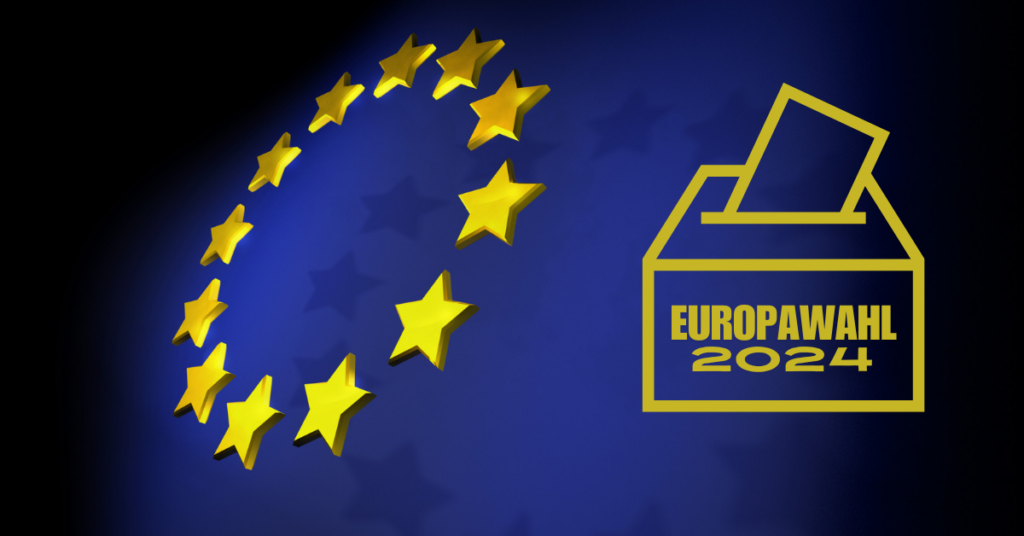The General Election and Compliance: What will a Labour government mean for UK supply chains?

The Labour party says if it wins, it aims to strengthen the resilience of supply chains. Here’s what that means for your company On July 4, the UK is going to the polls and it is widely expected that the public will vote in Labour to lead its next government. The Labour party says that […]
The General Election and Compliance: What are Labour’s plans for higher and further education?

When the UK goes to the polls on July 4th, the Labour party is expected to win the election by a large margin. A labour government would likely mean a significant shift in the UK’s regulatory priorities. What does the Labour party have planned in the area of higher and further education and what does […]
The General Election and Compliance: What are Labour’s plans for sanctions?

Labour is way ahead in the polls and largely predicted to win the UK’s July 4 general election. What has the Labour party said about sanctions and how might it affect your business? David Lammy, shadow foreign secretary, set out his party’s plans for Britain’s fight against financial crime at a UK hosted summit to […]
Apple und OpenAI verkünden Partnerschaft

Die Zusammenarbeit zwischen Apple und OpenAI markiert einen bedeutenden Meilenstein in der Technologiebranche, der sowohl das Potenzial hat, Innovationen zu fördern als auch den Markt für Künstliche Intelligenz (KI) und maschinelles Lernen zu transformieren. Die Entstehung der Partnerschaft zwischen Apple und OpenAI lässt sich auf eine gemeinsame Vision und komplementäre Stärken zurückführen.
Was bedeutet die Europawahl für Unternehmen?

Die Europawahl markierte einen weiteren bedeutenden Wendepunkt in der politischen Landschaft Europas. Eine auffällige Entwicklung war die Stärkung der rechten Parteien, die erheblichen Einfluss auf zukünftige Entscheidungen des Europäischen Parlaments haben könnte. Diese Entwicklung wirft Fragen auf, hinsichtlich der zukünftigen Politik der EU.
The General Election and Compliance: What will a Labour government mean for mental health policy?

The Labour party promises to overhaul the way mental health is managed. Here’s how According to shadow health secretary Wes Streeting, there’s been an increase in mental ill health under the Tories and it is costing Britain £23 billion per year. He writes: “Stress, depression and anxiety account for 17 million lost workdays every year. […]
The General Election and Compliance: What will a Labour government mean for taxes?

The Labour party says they will make the tax system fairer. Here’s how they plan to do that The general election looms on July 4 and with it an increasingly likely prospect that a Labour government will be voted in. Tax policies are typically one of the most charged items of any political party and […]
Was bedeutet eine britische Labour-Regierung für deutsche und europäische Unternehmen?

Am 4. Juli wird in Großbritannien gewählt. Die Conservatives und Premierminister Rishi Sunak stehen laut aktueller Umfragen vor einer Mammutaufgabe. Sage und schreibe 22 Prozent trennt die Partei von Labour, die mit 41 Prozent die Umfragen anführen und so mit ihrem Parteichef Keir Starmer höchstwahrscheinlich den nächsten Premierminister stellen wird. Sollte die Labour-Partei unter der […]
The General Election and Compliance: What does a Labour government have planned for combating Modern Slavery?

When UK citizens go to the polls on July 4, Labour is widely expected to win by a landslide, which will mean changes are anticipated in many sectors. What has Labour pledged to do about tackling the issue of modern slavery and supply chains? What is modern slavery? Modern slavery is the term used to […]









